
Speaker Gallery
SPEAKERS |
Speakers(ICEPG 2022)
Speakers of Past Sessions
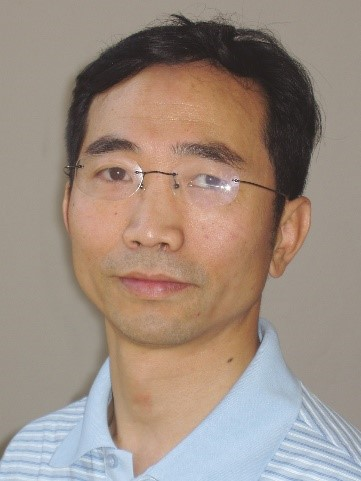
Prof. Roger Ruan, University of Minnesota, USA (ASABE Fellow, IFT Fellow)
阮榕生教授,明尼苏达大学,美国
Profile: Professor Ruan’s research focuses on various aspects of value-added processing, sustainable development, renewable energy and environment, and food engineering. His current interests are in catalytic microwave assisted pyrolysis and gasification of biomass and solid wastes for energy fuels, chemicals, and materials production, catalytic nonthermal plasma synthesis of nitrogen fertilizer, intermittent vacuum assisted thermophilic anaerobic digestion and algae and hydroponics system for complete waste utilization.
Professor Ruan is a fellow of ASABE and a fellow and IFT. He has published over 500 papers in refereed journals, two books, and 20 book chapters, and holds 18 US patents. He is also a top cited author in the area of agricultural and biological sciences with anh-index of 66, i10-index of 287, and over 18,000 citations (https://scholar.google.com/citations?user=seJPiQkAAAAJ&hl=en).
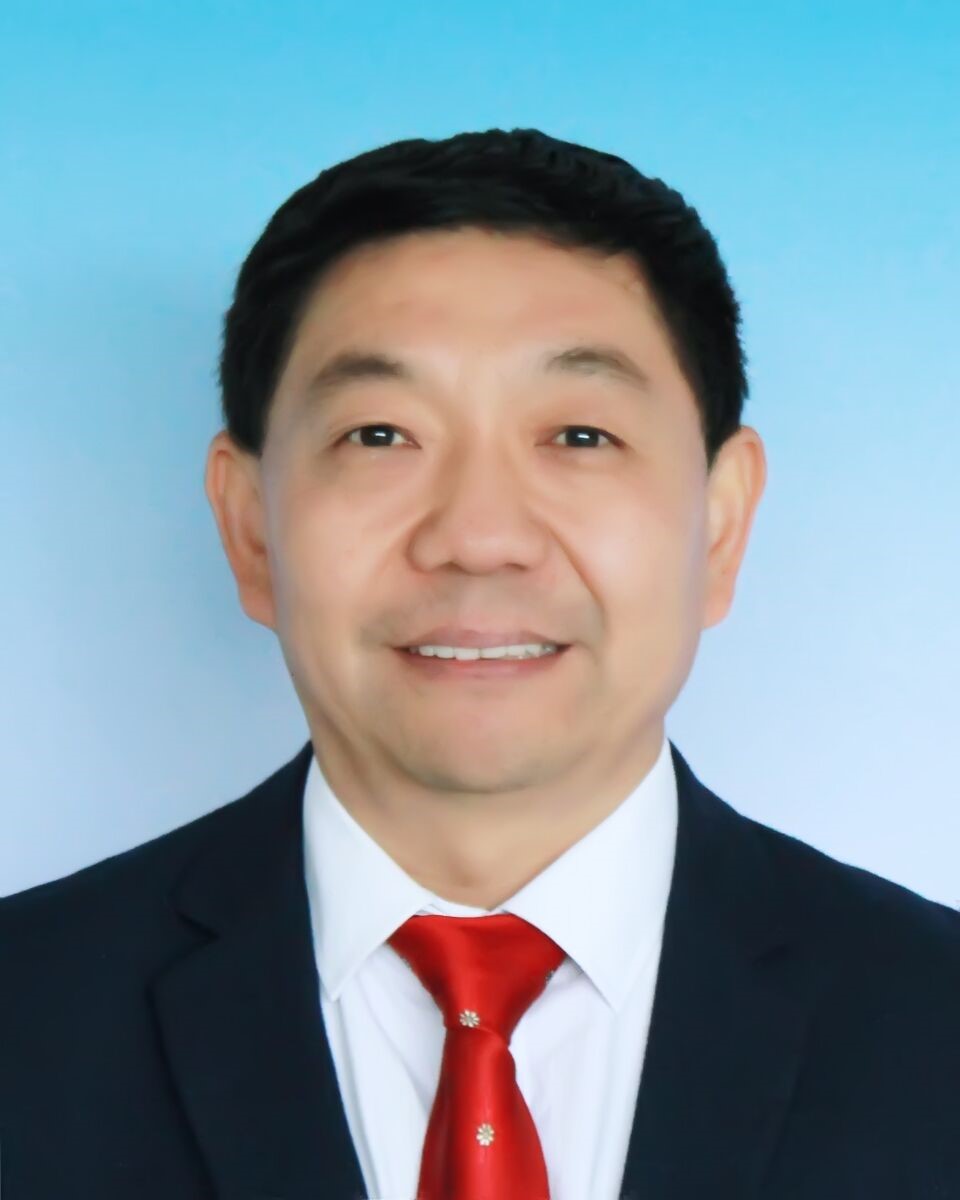
Prof. Fawang Zhang, China Geological Survey, China (Academician of the Russian Academy of Natural Sciences)
张发旺教授 (二级研究员、俄罗斯自然科学外籍院士),中国地质调查局水环中心,中国
Profile: Zhang Fawang, academician of the Russian Academy of Natural Sciences, second-level researcher, doctoral supervisor, expert of the Ministry of Science and Technology, Ministry of Natural Resources, Ministry of Education, National Natural Science Foundation of China, follow-up expert of the National Technology and Program, Secretary-General of the Chinese National Committee of the International Association of Hydrogeologists, etc. Engaging in mine hydrogeology, karst hydrogeology and ecological environment protection for more than 20 years. Until now, has obtained 12 awards, including the highest national cartography award, the second prize of the national science and technology progress, the first prize of the China Geological Survey of the Ministry of Land and Resources, and the second prize of the Ministry of Land and Resources. Has undertaken more than 30 scientific research projects, who plays an important role in the field of water resources of mining resource, karst water resources and ecological environment protection. As the first person responsible, i have undertaken 6 scientific research projects, have published almost 150 academic papers and 9 monographs, while having trained mort than 20 master’s students and 8 doctoral students. I have won 3 second prize of scientific and technological achievements of provincial and ministerial, and 1 first prize achievement of China Geological Survey. Also i have made many innovative and breakthrough achievements.
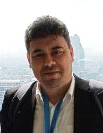
Prof. Mohammed JK Bashir, University Tunku Abdul Rahman, Malaysia
Profile: Prof Bashir graduated from Universiti Sains Malaysia in 2011 with a keen interest in the field of Environmental engineering and sustainable environmental management and technology (including Sustainable environment, solid waste management and treatment technologies, wastewater treatment, water quality, waste utilisation, waste to energy, etc). Currently, he is serving as a Professor and leading the department of Environmental Engineering at University Tunku Abdul Rahman Malaysia. He has published more than 250 articles in prestigious high impact factor journals such as Bioresource Technology, Journal of Cleaner Production, Journal of Environmental Management, Waste Management, Chemosphere, Total Science of Environment, Renewable Energy, Desalination, Journal of Chemical Engineering, Process safety and Environmental Protection, Environmental Technology, Water Science and Technology, and many others. Today his h index is 37 with a total citation of 4970. He Has received 20 national and international awards.
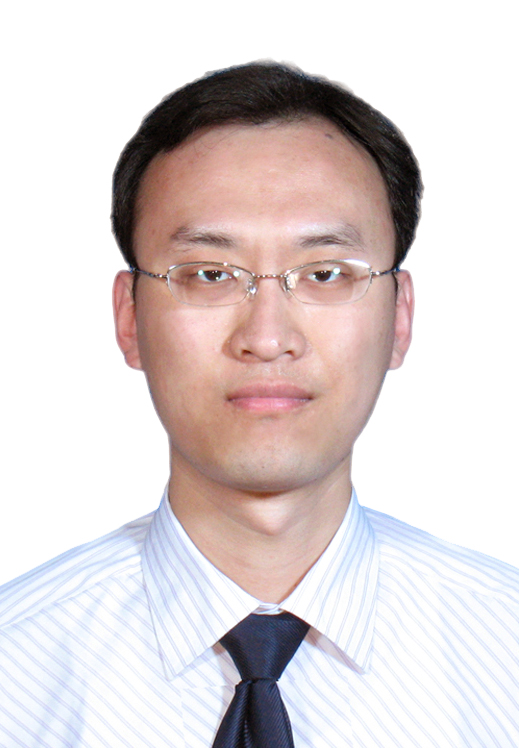
Prof.Tao Zhang, China Agricultural University, China
张涛教授,中国农业大学
Profile: Based on scientific and technological research on the harmless treatment and resource utilization of livestock and poultry waste, Professor Zhang has made outstanding achievements from theoretical innovation, integrated innovation to collaborative innovation. In-depth research and development of the theoretical system and technical framework of pyrolysis-circulating fluidization-crystal coupling recovery of livestock and poultry manure and phosphorus, and achieved fruitful results in the process of nitrogen coupling and other livestock and poultry breeding. and phosphorus, the key control technology for the precipitation and separation of heavy metals. He has published 44 academic papers, applied for 18 national invention patents (13 authorized), applied for and authorized 1 international invention patent, and participated in the publication of 3 monographs. In 2016, he won the Excellent Academic Report Award of the 15th China Young Soil Scientists and the 10th China Young Plant Nutrition and Fertilizer Scientists Symposium, the Outstanding Teacher Award of China Agricultural University, and the Silver Award of the 9th International Invention Exhibition. In 2017, he won the Excellent Undergraduate Dissertation Instructor Award of China Agricultural University, the second prize of the Excellent Project of Social Survey of Young Teachers in Beijing, and the Invention and Entrepreneurship Award of China Invention Association. . He has presided over the national key R&D project "Research on Key Technologies for Control of Manure and Biogas Liquid Hazardous Substances and Safe Utilization of Farmland", the National Key R&D Project "Biotransformation Mechanism and Maturity Characteristics of Agricultural Waste", the National Natural Science Foundation of China " Research on the Synergistic Mechanism of Microwave Effect on Phosphorus Crystallization Process in Livestock and Poultry Wastewater", Beijing Natural Science Foundation "Research on the Influence and Regulation of Organic Impurities in Phosphorus Crystallization Process of Typical Breeding Wastewater in Beijing Suburbs", Special Research Fund of the Ministry of Education "Magnesium Modified Carbon Preparation and Identification of Enhanced Nitrogen and Phosphorus Adsorption Mechanism” and other projects.
Invited Speaker
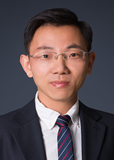
Assoc. Prof. Zhiquan Yang,South China University of Technology,China
杨志泉教授,华南理工大学
Profile: Dr. Zhiquan Yang is an associate professor at School of Environment and Energy, South China University of Technology. He is a national cleaner production auditor. The research interesting is focused on wastewater treatment, water purification, environmental functional material and environmental biotechnology. He has won the second prize of Guangdong Science &Technology progress award, the first and second prize of National Science & Technology Award Nominated by the Ministry of Education, and the third prize of Environmental Protection Science & Technology Award from state Environmental Protection Administration. He has obtained funding from National Natural Science Foundation, National Science and Technology Support Program and other Provincial and Ministerial Projects. He has published more than 50 papers, and served as referee of several international academic journals.
Speakers(ICEPG 2021)

Prof. Roger Ruan, University of Minnesota, USA
Title: Sustainable solid and liquid waste treatment through utilization for circular economy development
Abstract: There is a clear and urgent need for effective and efficient management of all kinds of wastes including animal wastes, municipal liquid and solid wastes like waste plastics, due to increasing clean water demand and environment pollution concerns world-wide. There are also increasing interests in sustainable circular economy development. Therefore, tremendous effort has been put into researching and developing necessary technologies to support the development and applications. Complete recycling and utilizing solid and liquid wastes technologies are key to the sustainable circular economy practice. There is a great potential to recover large amounts of energy, chemicals, nutrients, and water from solid and liquid wastes. For wastewaters, treatment and disposal has been the primary management strategy, although treatment through complete utilization has gained ground in recent years. Recycling, composting, combustion, and landfilling have been the main solid wastes management strategy. While many technologies have been developed and applied in waste management, there are still tremendous needs to improve them and develop new technologies in order to promote circular economy at all levels. In this presentation, new biorefining model and development in sustainable technologies will be presented and highlighted, which have the potential to maximize use and minimize disposal of solid and liquid wastes. The model and novel technologies include 1) new anaerobic digestion and biochar based filtration for processing of liquid waste streams, combining with photocatalysis and algae and aquaponic cultivation systems to completely treat and utilize manures using a multi-stage approach consisting of following processes: a novel anaerobic digestion (AD) with pretreatment for C:N adjustment, and ammonia and hydrogen sulfide reduction to improve methane and nitrogen fertilizer production; an advanced microalgae cultivation to recover nitrogen, phosphorus, and COD in the remaining wastewater after AD and at the same time produce algal biomass as animal and fish feed or for biofuels production; and a hydroponic system to further reduce nutrients and pollutants in the post-microalgae culture broth. Additional biochar filtration steps between above main stages are used to condition the effluent for further utilization or recycling and discharge. 2) novel catalytic microwave assisted pyrolysis and gasification of solid wastes including used biochar and other solid residues such as waste plastics to enable capture of energy and recycle of chemicals and materials and hence complete utilization of solid wastes. Recommendation for further research and development will also be discussed.
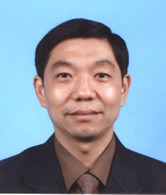
Prof. Fawang Zhang, China Geological Survey, China
Title: Water rock interaction mechanism and environment deterioration trend in group coal mining area
Abstract: Long-term large-scale coal mining in China has caused the abnormal groundwater chemical field and serious water environment deterioration, and the rapid increase of mine closures has exacerbated the problem. In view of the difficulties in the assessment and control of aquifer structure and groundwater flow field change in group coal mining area on groundwater chemical field, this proposal focused on two key scientific problems, one is the coupled process of hydrodynamic field and hydrochemical field driven by aquifer structure change, the other is the multiphase transformation mechanism environment sensitive elements excited by closed mines. Through field investigation and indoor physical simulation of water rock geochemistry simulation and multi-field and multi-phase hydrochemical coupled numerical simulation, the roof aquifer structure change impacted water rock interaction mechanism, water chemical effects of groundwater pumping on the floor limestone groundwater chemistry, the change of oxidation - reduction binary water chemical environment driven by closed coal mines, as well as the group coal mining driving environmental effect of space-time coupling mechanism of water chemical field, eventually to reverse the group coal mining area of water environment deterioration trend, and provide the scientific basis for regional economic and social sustainable development.
Invited Speaker
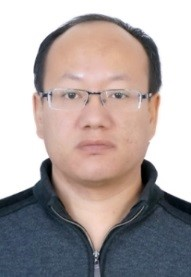
Prof. Junwen Zhang, China University of Mining and Technology(Beijing), China
Title: The impact of modern coal mining activities on the environment and control
Abstract: The topic of my report is "the impact of modern coal mining activities on the environment and control", which mainly refers to the impact of modern coal mining activities on surface subsidence and water resources. The control measures include the protection of surface subsidence and water resources by non- pillar mining and backfilling mining, as well as the future research content and the achievement target.